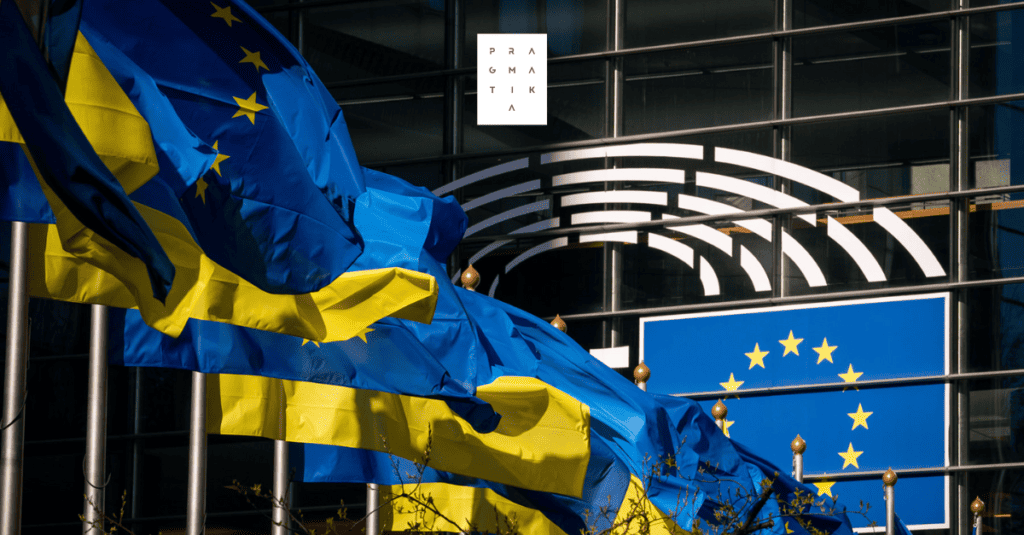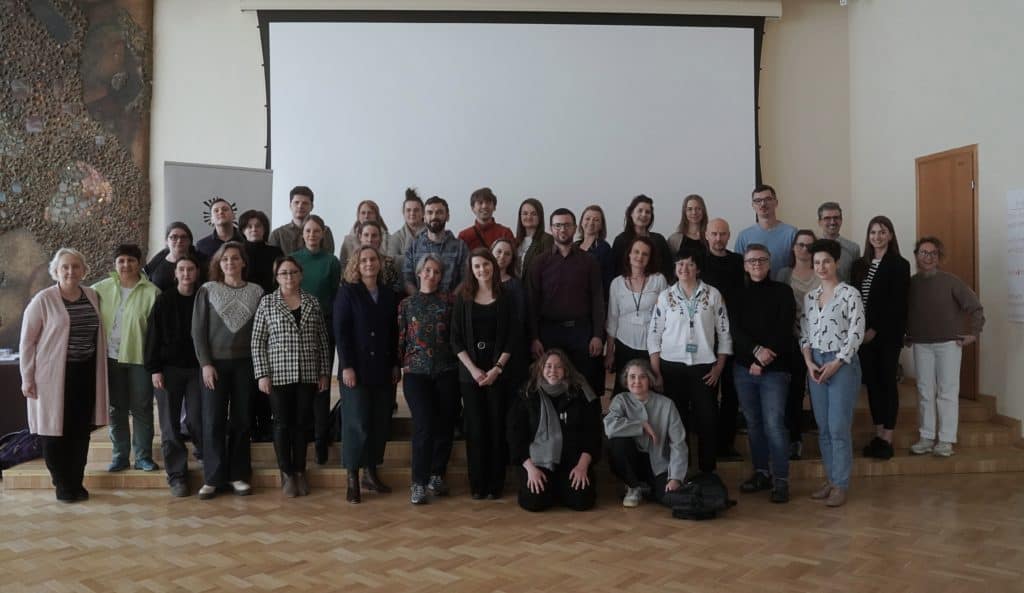With temporary protection set to expire on 4 March 2025, EU leadership is urgently needed to ensure millions of people displaced from Ukraine have continued access to rights and inclusion in Europe. As 131 civil society organisations, we call on the EU to propose timely, coordinated, collective and future-proof options for the transition out of temporary protection. Without a common European approach, millions of people risk becoming undocumented and losing access to rights, protection and other essential services, national authorities will likely be overwhelmed, and much of the inclusion work of governments, municipalities, NGOs and volunteers risks being undone.
Act now to prevent hardship later
With less than one year of protection remaining, people are now left with the practical and emotional impacts of an uncertain future. Some face the prospect of registering children for school without knowing if they can complete the school year, others struggle to secure work or housing as their permits expire in March 2025. This uncertainty may trigger premature returns to Ukraine – where many people lack access to essential services and face daily safety risks. It could also result in mass applications for asylum and other residence permits, leading to backlogs and delayed access to protection.
➢ The EU must ACT NOW to plan and coordinate the transition out of temporary protection, in order to prevent unsafe returns, loss of residence status, or unnecessary pressure on migration systems, and to allow authorities, civil society and displaced people to prepare.
➢ Displaced people must be informed and consulted on the options available to them.
Pursue a united EU response
If temporary protection ends without a collective European response, access to rights for people who fled Ukraine may vary drastically across Member States. Migration ministers noted in January that “adopting 27 different national legislations on this topic would be counterproductive, result in secondary movements, and cause uncertainty.” Without common standards, there is a risk of a race to the bottom on rights and services. In many countries there are no or few appropriate permits available. This could particularly disadvantage individuals in vulnerable situations – such as stateless persons, refugees and asylum seekers who fled Ukraine, Roma, people with care-giving responsibilities, and older people – who risk losing their current access to rights, being redirected to ill-fitting residence permits, or becoming undocumented.
➢ The EU should prioritise a COMMON and COORDINATED approach to prevent people from becoming undocumented or switching to permits with fewer or different rights.
➢ In parallel, Member states should ensure access to residence permits on various grounds, including asylum, work, the principle of non-refoulement and private life.
Look to the future
If the above measures cannot be taken in time, a further extension of temporary protection – as is currently under discussion – would be a vital stopgap to ensure continued access to residence status and rights. However, piecemeal, yearly extensions of temporary protection risk perpetuating a state of insecurity that hinders displaced people from planning for their future, whether in Ukraine or in the EU. The EU has a range of options for more durable solutions that should be explored in parallel to any extension.
➢ The EU should pursue FUTURE-PROOF solutions that offer at least the same standard of rights as temporary protection, and which protect at least the same groups of people. ➢ Solutions should be developed that can benefit other temporary protection holders in future.
➢ These solutions should be informed by the needs and experiences of displaced people as well as civil society and other stakeholders assisting them.



